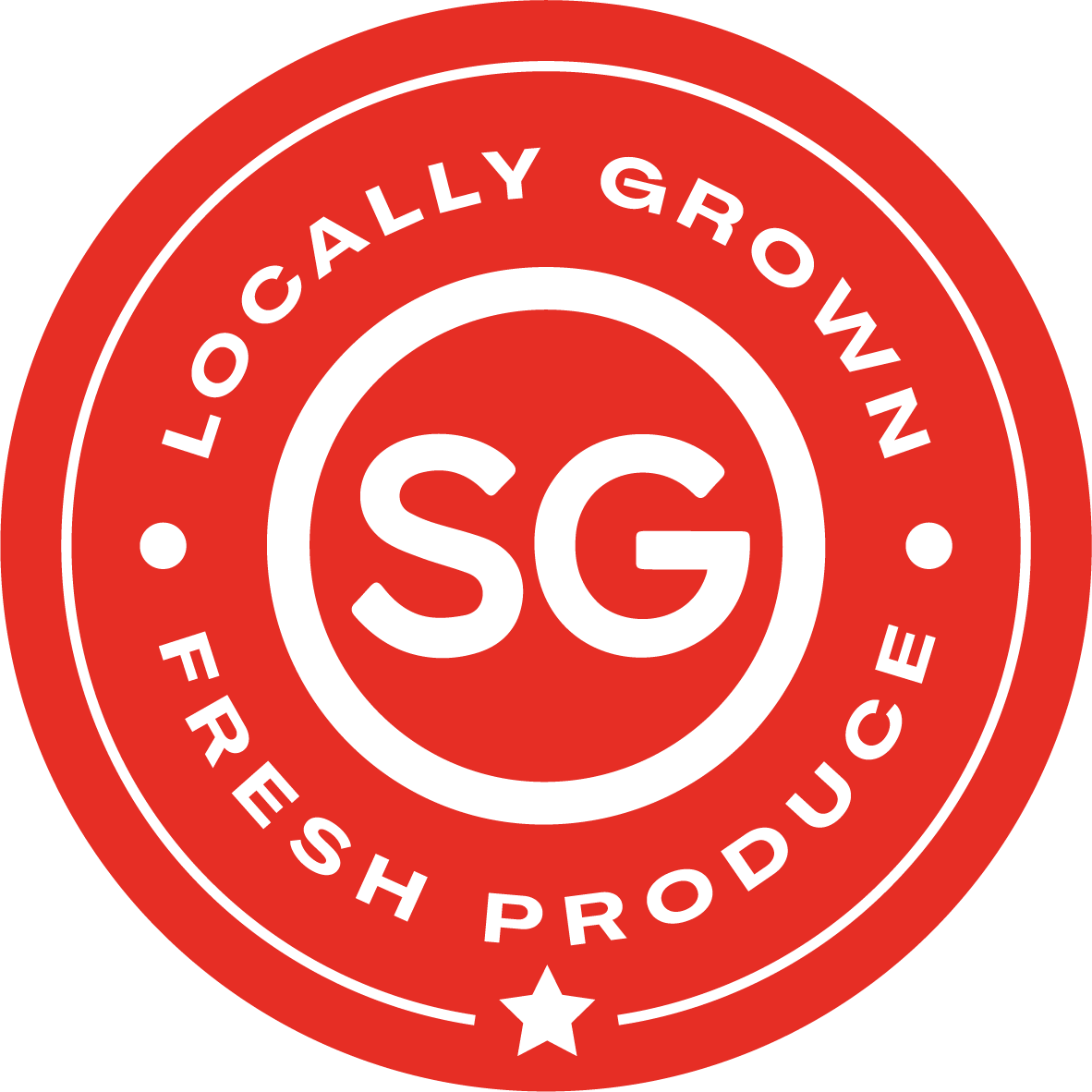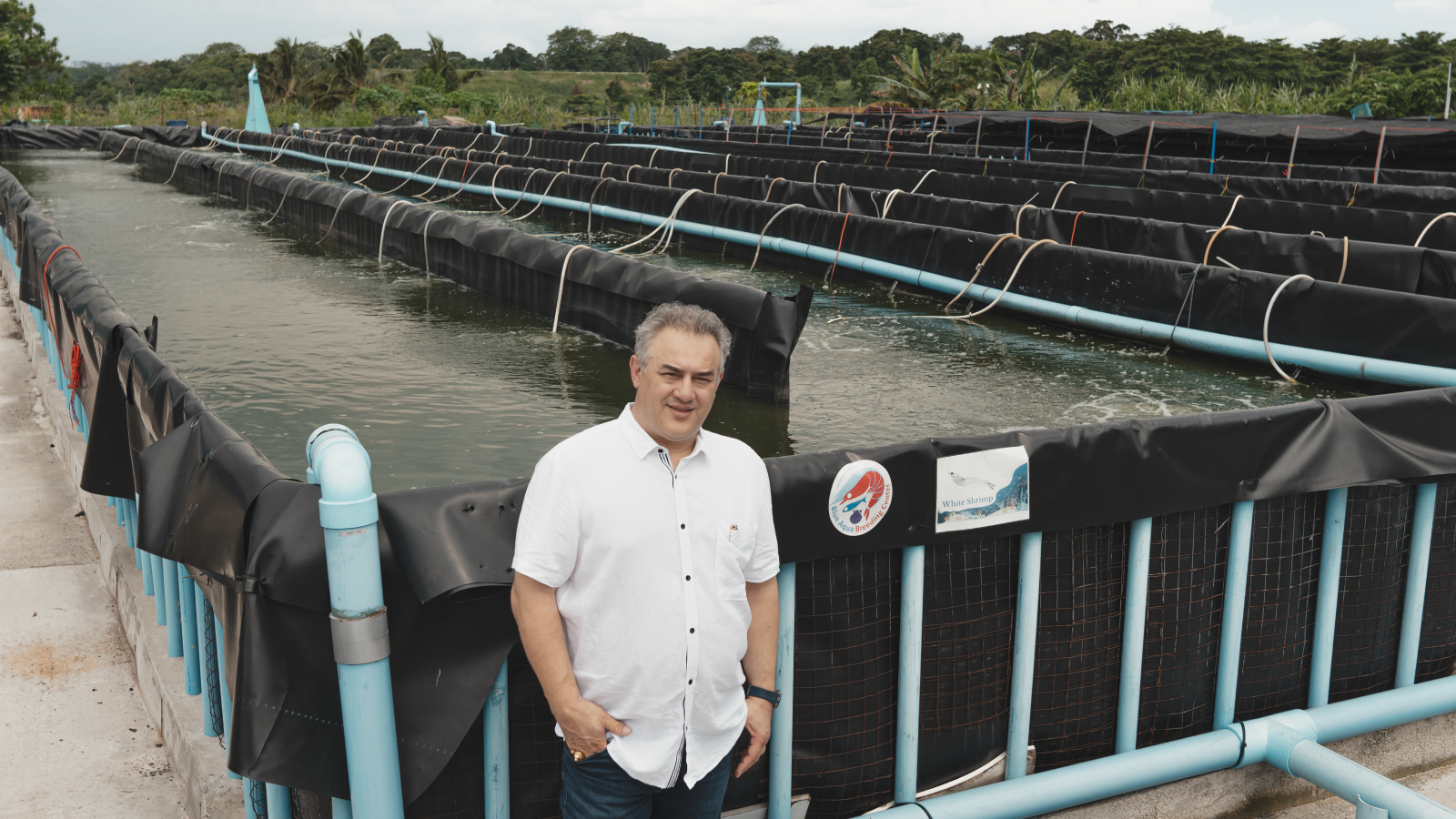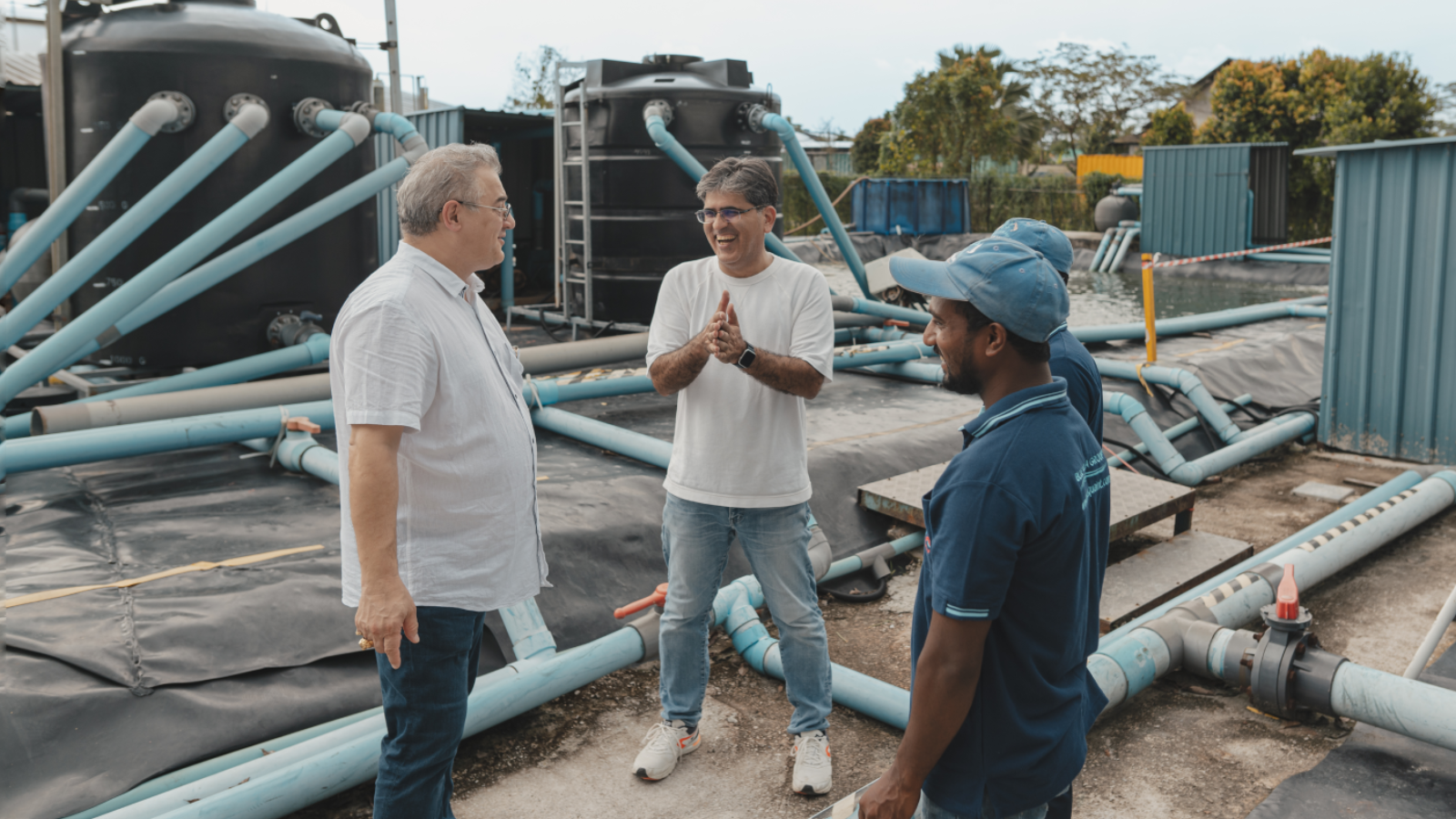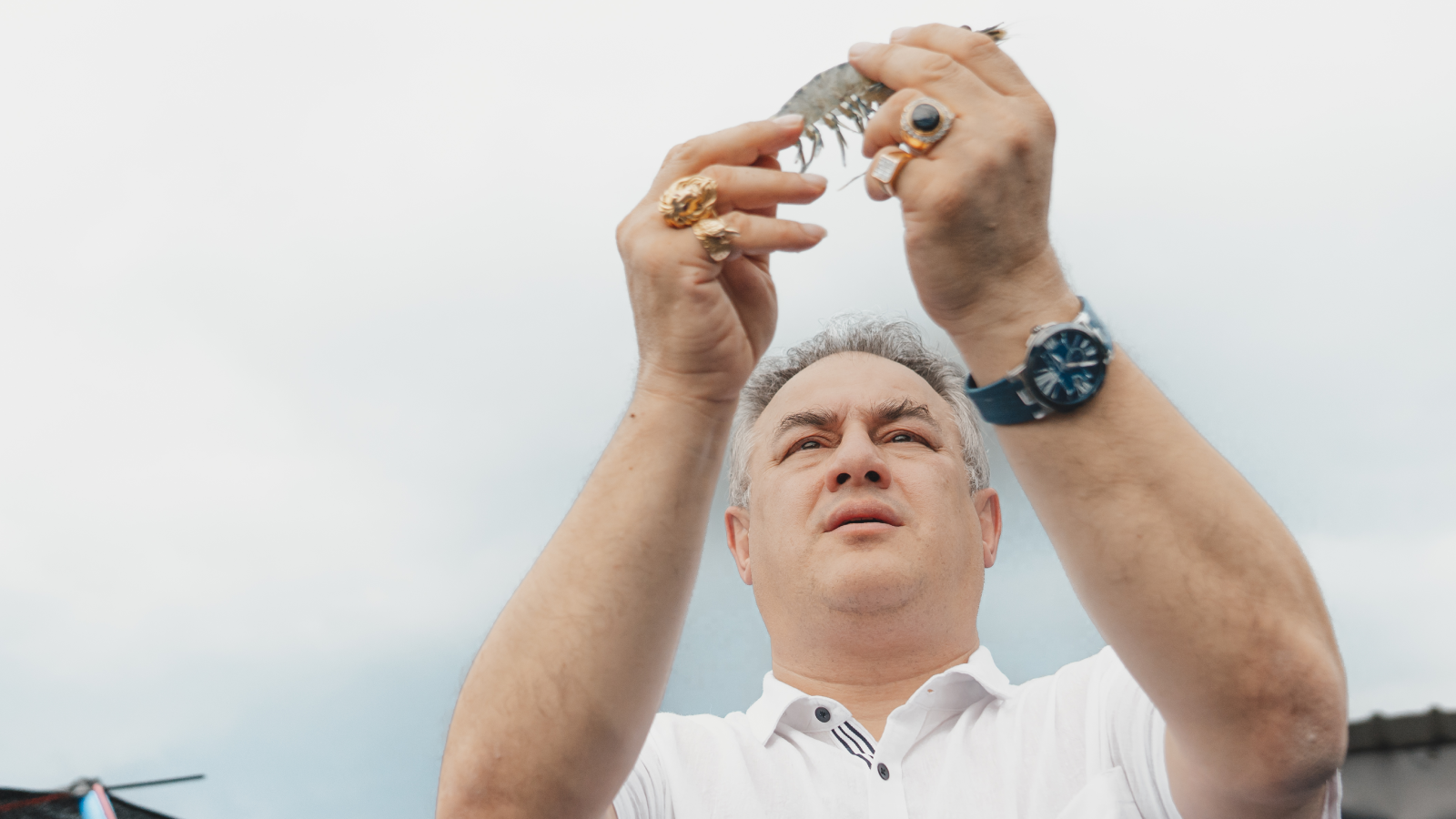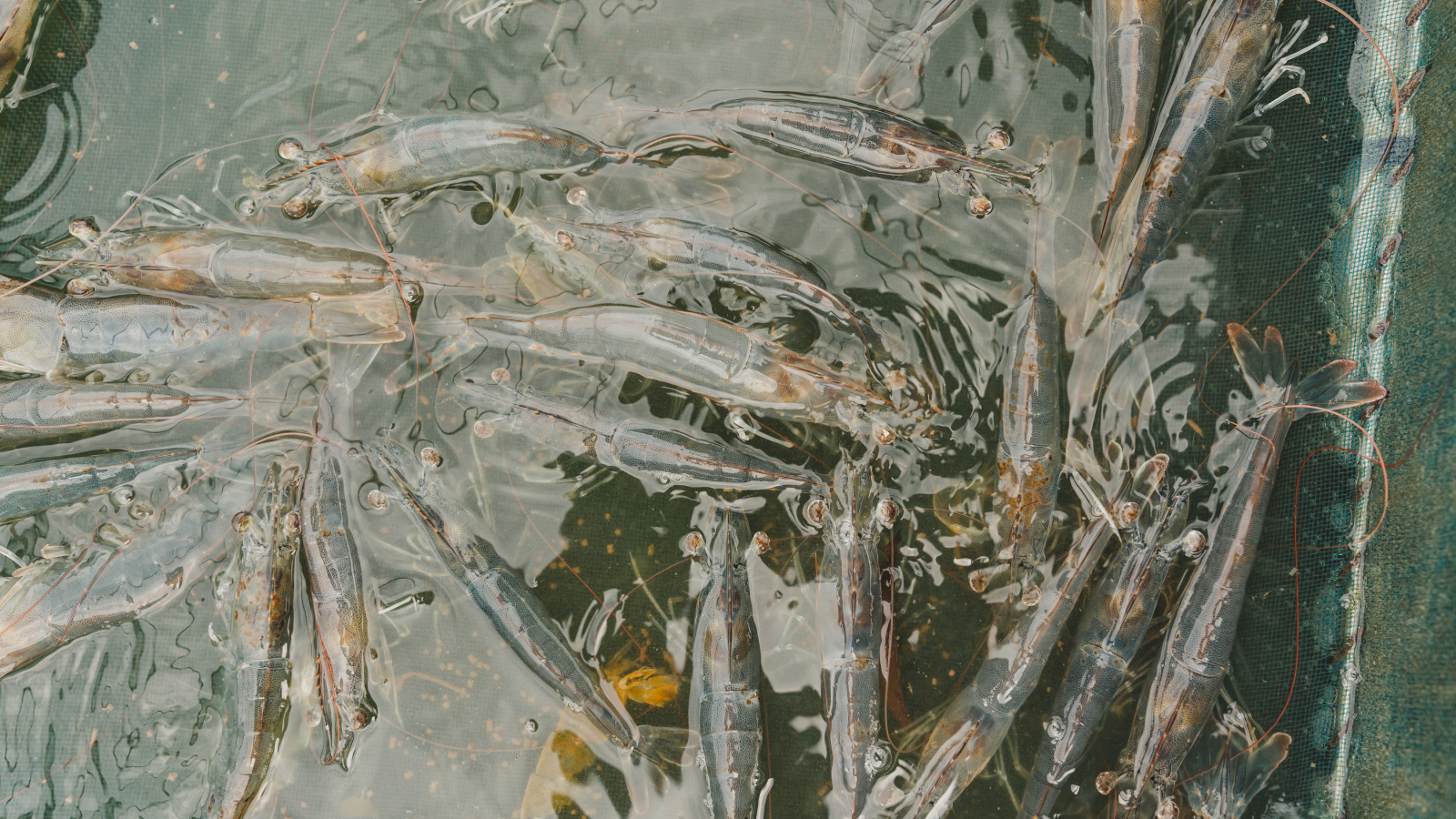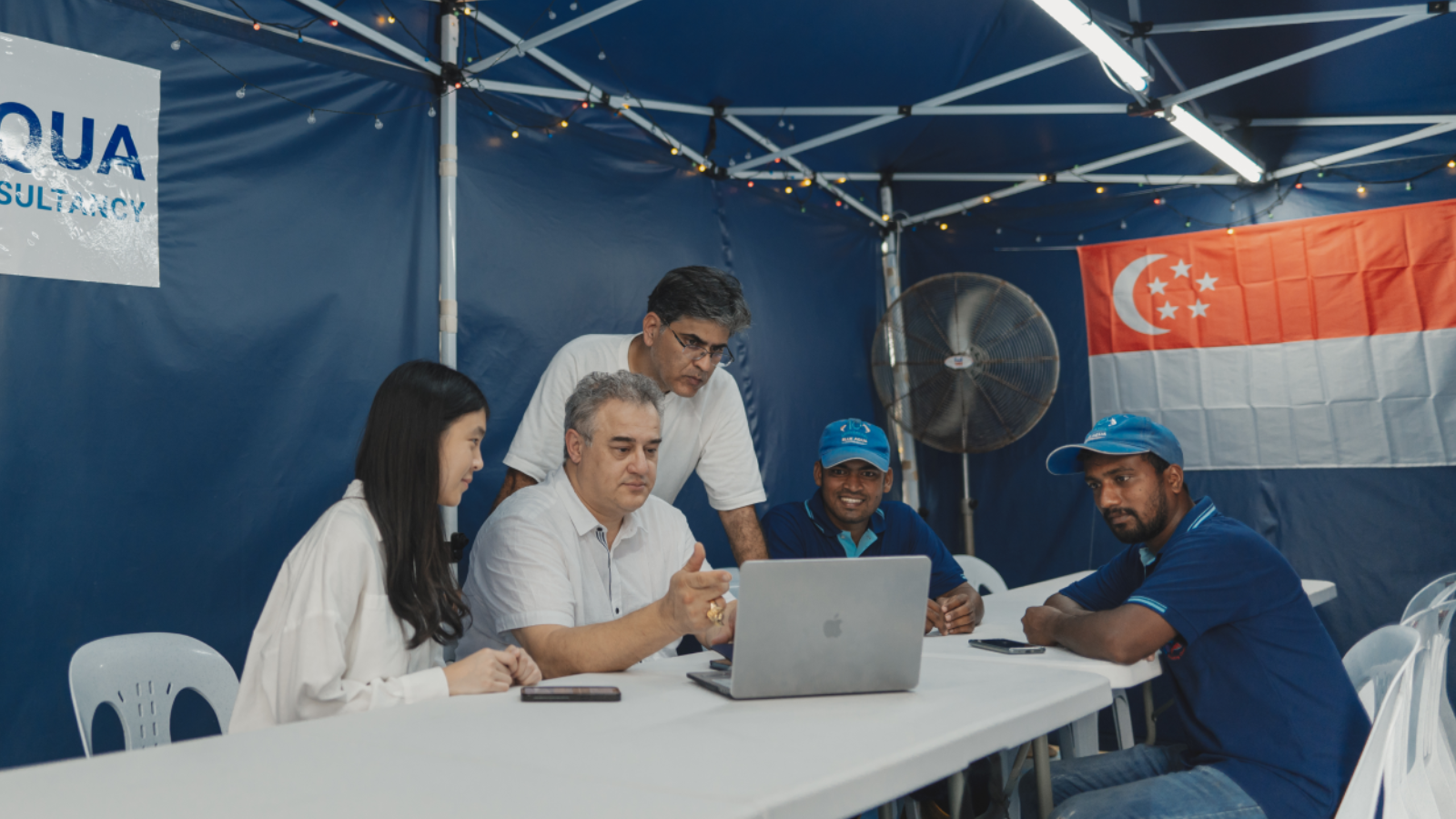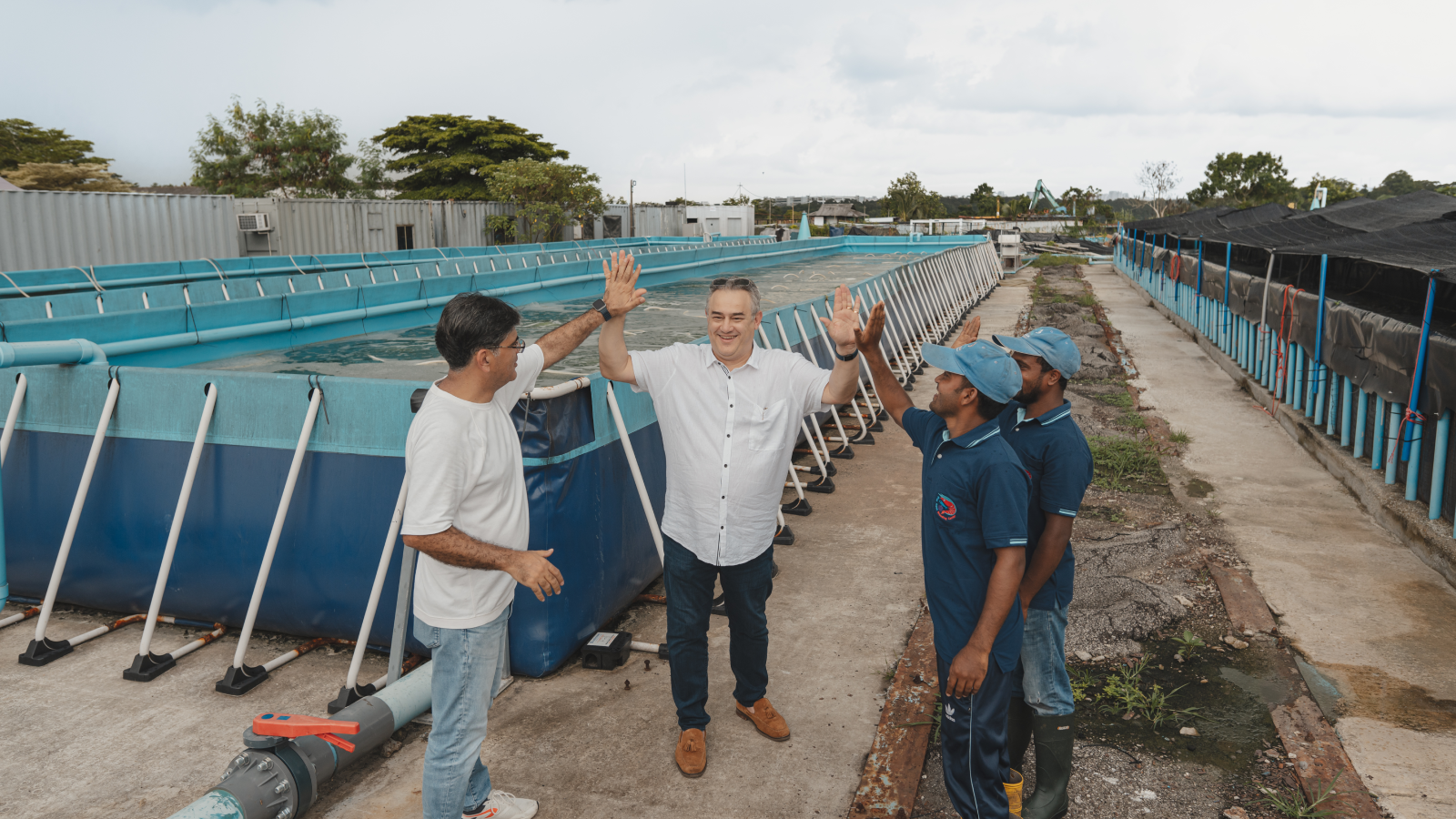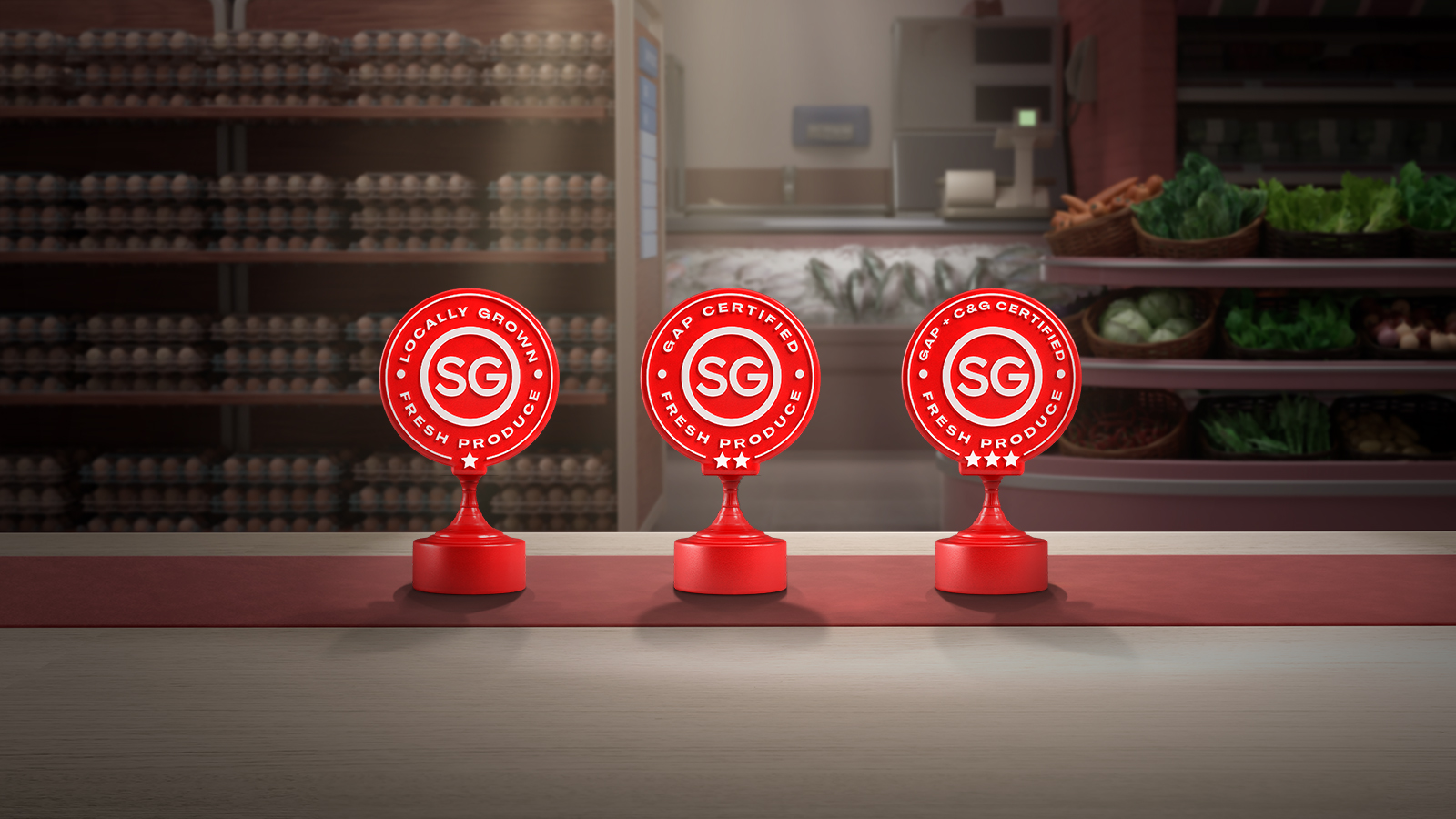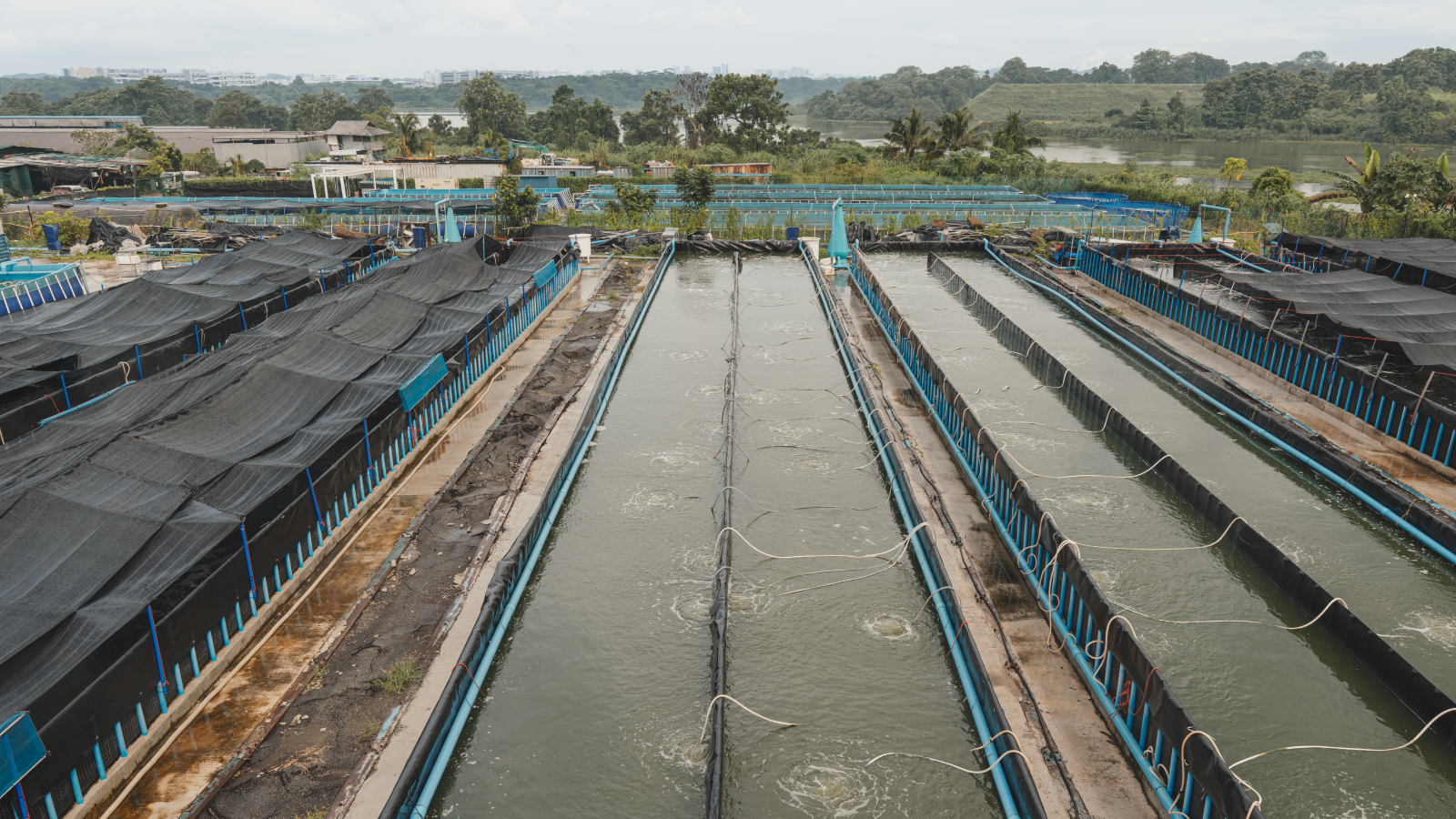Meet Farshad Shishehchian
Founder
Blue Aqua International
With a PhD in Terrestrial and Aquatic Ecology and a lauded tenure as President of the World Aquaculture Society’s Asia Pacific Chapter from 2013-2016, Dr Farshad Shishehchian’s name is a byword for expertise and innovation in the world of aquaculture.
Dr Farshad has coupled his deep academic expertise with a wealth of real-world experience. He has toiled on traditional farms, been a consultant for international firms, and with the establishment of Blue Aqua International since 2009, he hopes to revolutionise the field of shrimp farming.
Shrimp And The Secrets Of Success
Dr Farshad unravels the complexities of shrimp farming and shares insights from his trove of knowledge.
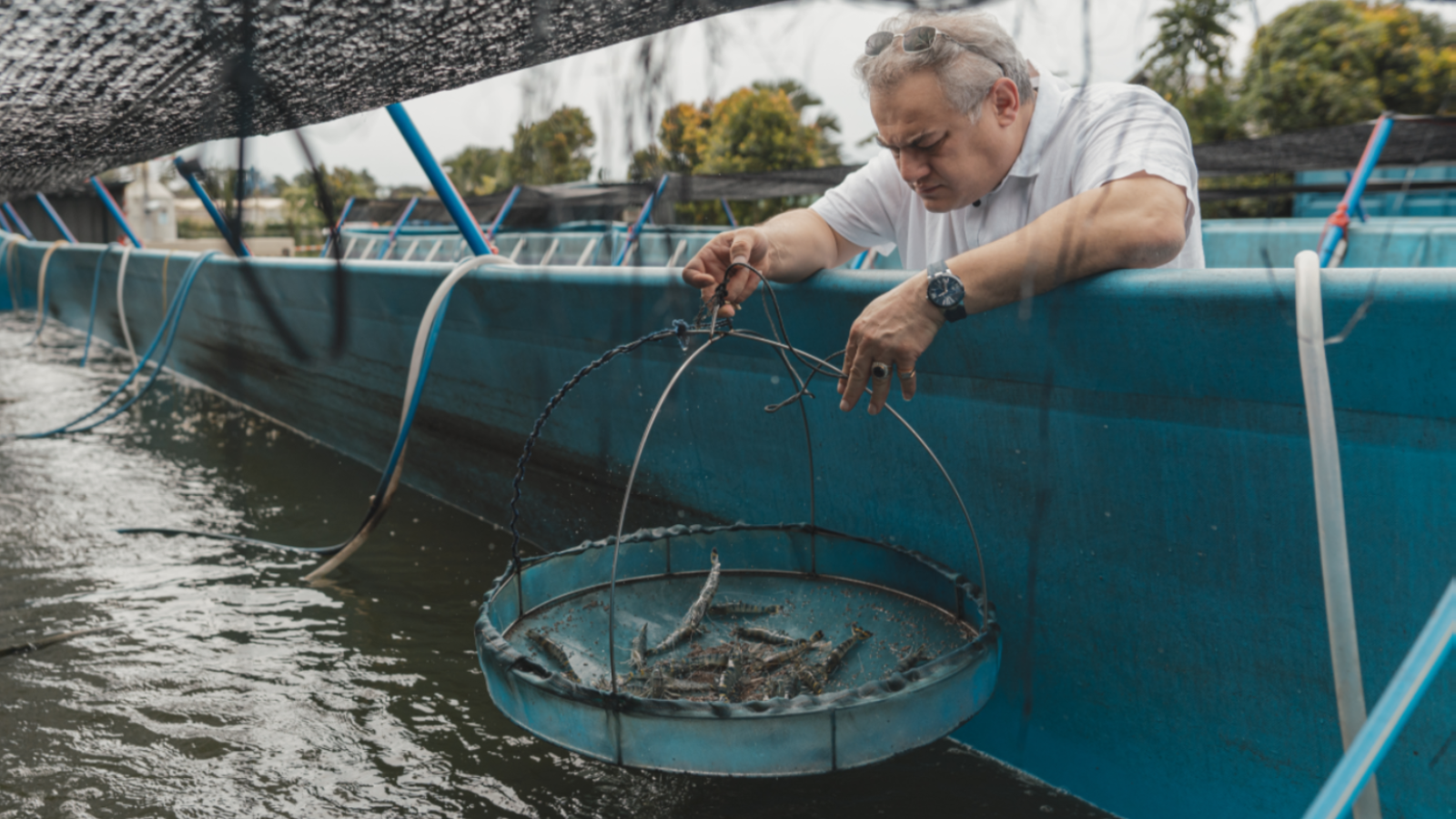
When did you first develop a love for farming?
I was born in the northern part of Iran. I never actually worked with fish in my childhood, because we lived in a mountainous area. But I did work with cows, horses and chickens because we did a lot of farming.
I only started to delve into shrimp in university—when I studied zoology—and started working on shrimp and lobsters in 1989. My Master’s degree was in marine biology, and my PhD was [specifically] on the ecology of shrimp farming.
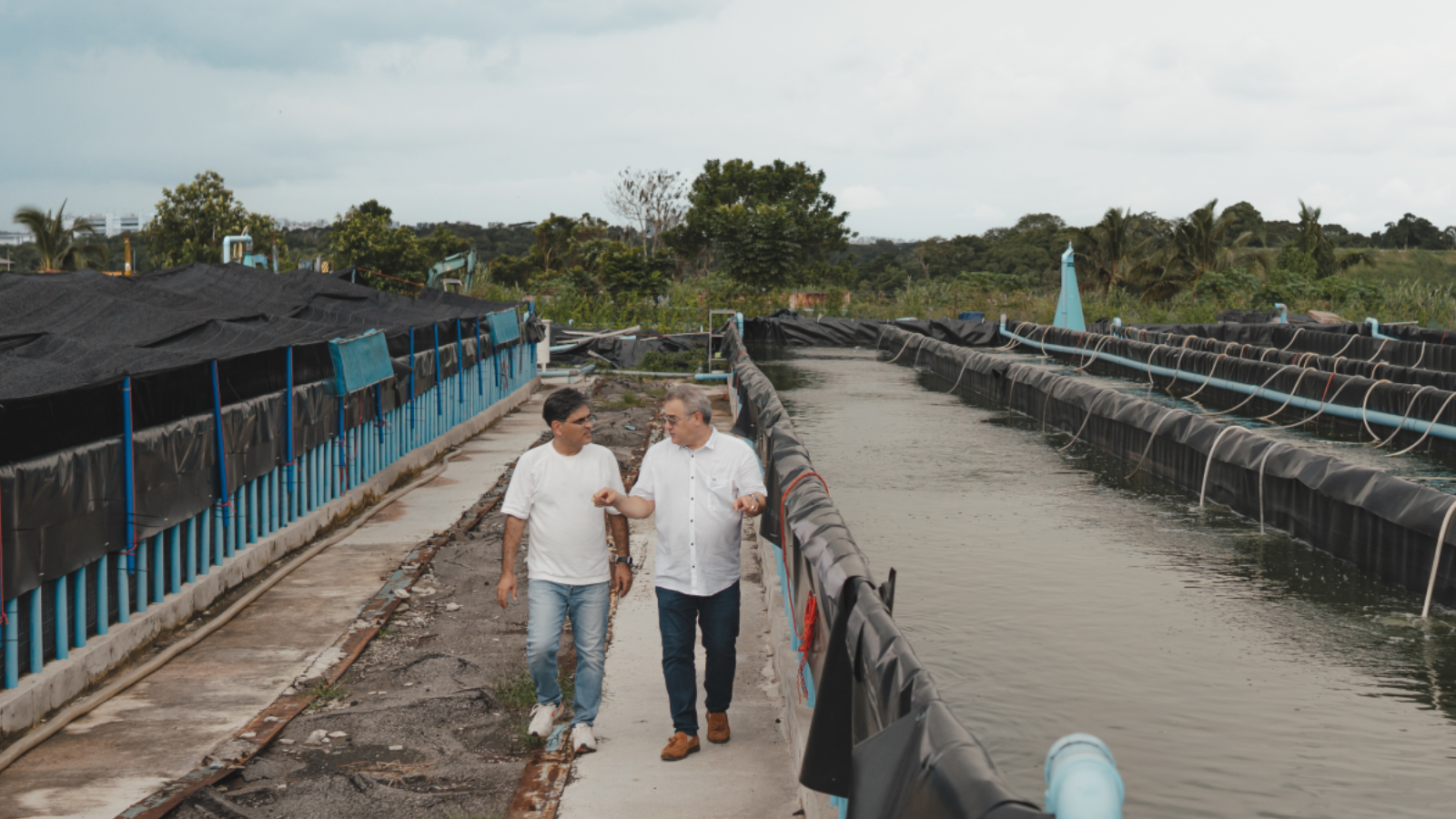
What personality traits does one need to succeed in the industry?
Grit, persistence and hard work. I immediately became a farmer when I graduated, unlike my peers who immediately looked for jobs in Multi-National Companies (MNCs) or did their post-doctorate. Shrimp farming was very traditional in the 90s; you’d never see a post-graduate working on a shrimp farm.
I became quite famous because word spread that there was a guy with a PhD working on a shrimp farm. They thought I was orang gila (Malay for ‘crazy person’)! But that hands-on knowledge made me what I am today.
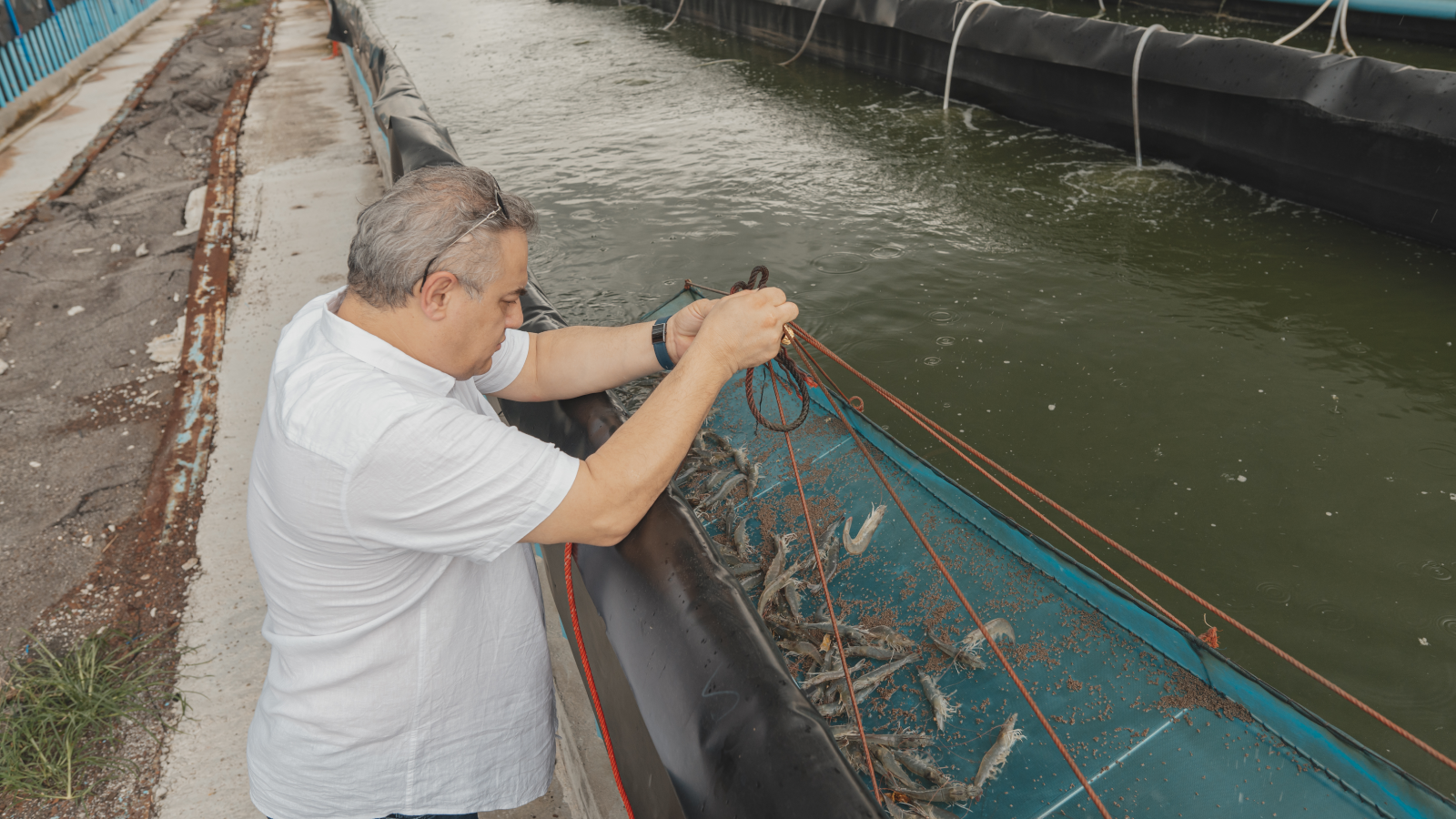
What’s one important lesson you’ve learnt through your career?
There’s a difference between knowledge and experience. You cannot learn all of [farming] from a book. In our industry you’ve got to get dirty: sweat a lot; get bitten by mosquitos; have your skin peeled from being burnt by the sun.
60% of farming—the knowledge— can be gotten from books, science and information. But the other 40% is art, which you can only get from many years of experience. It’s about combining the two.
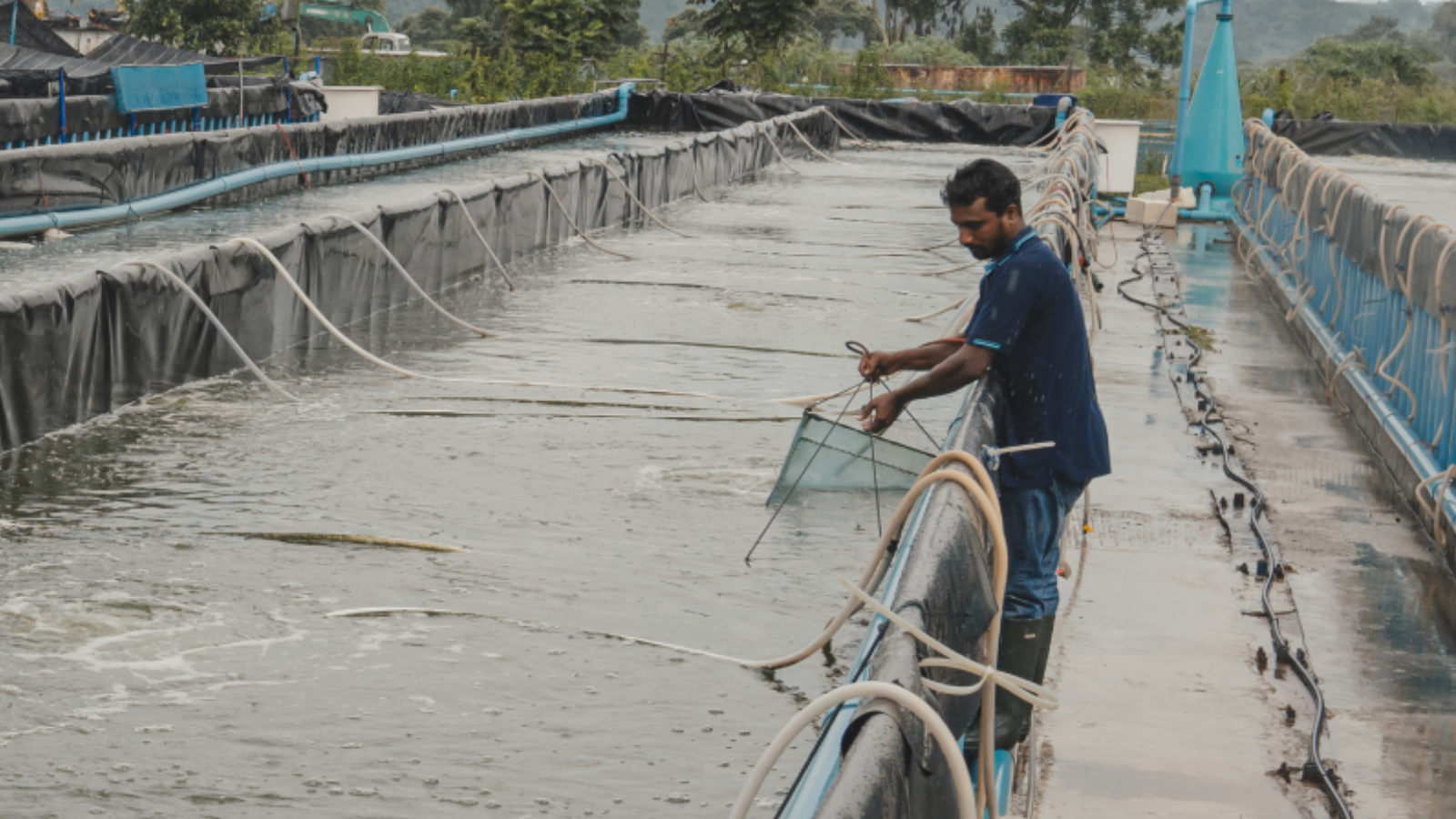
What’s the most rewarding part of being a farmer?
I’ve won a lot of awards, and it’s very satisfying to see our systems being patented all over the world—in 8 countries, including America, China, India. But the best rewards you can have is seeing a successful cycle through, and watching your shrimps thrive. It takes a lot of effort to rear shrimps, and you can taste the difference in our product by buying our shrimps from our house brand, Nature’s Hug.
A Day in the Life
“I wish I could get my hands dirty like in the past, where I’d work on engines and generators and jump in the water,” Dr Farshad says ruefully. “But these days I have to travel and sit in the office a lot. There’s a lot of paperwork.”
While Dr Farshad would like to be more hands-on on a daily basis, the scope of being President and CEO requires him to spend his time fund-raising, speaking with stakeholders and training his team members like his farm technicians.
Food for thought
Dr Farshad sits down with us to unravel the many complexities of shrimp farming, and the know-how needed to run a company.
Debunking faulty knowledge
In Dr Farshad’s view, many forms of shrimp farming employ old practices based on traditional knowledge. The process of adding lime to shrimp ponds, for example, provides little to no value. Education and training the new generation of shrimp farmers is thus of paramount importance.
The risk-taking spirit
While companies of an entrepreneurial nature like Blue Aqua are naturally nimble, Dr Farshad keeps a vigilant eye on his company, to prevent it from becoming too set in its ways. Based on his experience in large MNCs, being too hesitant to take risks slows down a company as it grows over time.
People power
To Dr Farshad, people are the lifeblood and most important element of any company. While small teams tend to be highly productive, larger teams can be afflicted with inefficiency. To him, every individual should be empowered to make decisions that help the company’s productivity.
Sample the succulent shrimp from Blue Aqua for yourself by checking out the shelves at FairPrice Finest & Hypermarkets, CS Fresh stores or from their website. You’ll find Blue Aqua’s shrimp labelled under their house brand, Nature’s Hug.

